Lubricant is fed into the tubing system of the automatic centralized lubrication system by lubrication pumps from the lubricant reservoir. There are various types of lubrication pumps, including gear and barrel pumps. Read More…
Graco's lubrication equipment division manufactures products used to dispense, meter and transfer motor and gear oils, grease, hydraulic and transmission fluids, antifreeze and other specialty lubricants. Our team of designers and engineers are committed to providing quality technical service and support on all our products. Call us or visit our website today!
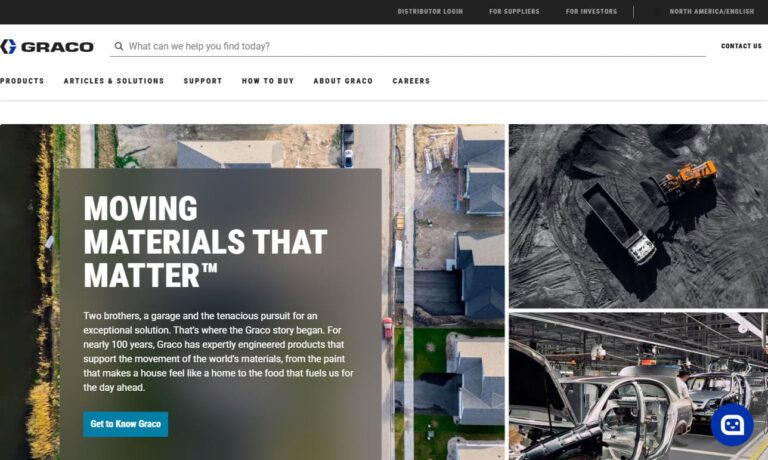
At LSP Industries, Inc., we specialize in delivering comprehensive lubrication system solutions tailored to meet the demanding needs of modern industries. We pride ourselves on our ability to design, manufacture, and support innovative lubrication systems that optimize machinery performance and ensure operational efficiency. Our team combines decades of expertise with state-of-the-art technology...
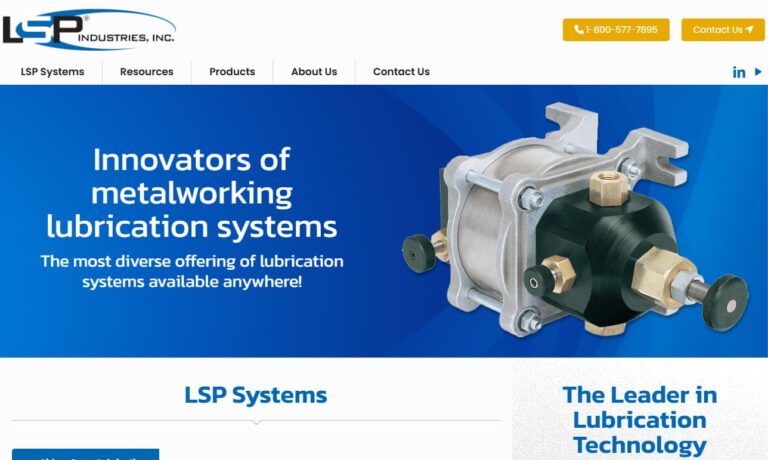
The expert team at American Design & Manufacturing has over 100 years of combined knowledge in the design of customized lubrication systems, hydraulic equipment, heat transfer systems, gearbox assembly, cleaning equipment, specialty fabrication and test equipment. We utilize state of the art equipment and CAD design systems to create the best lubrication and other equipment for your application.
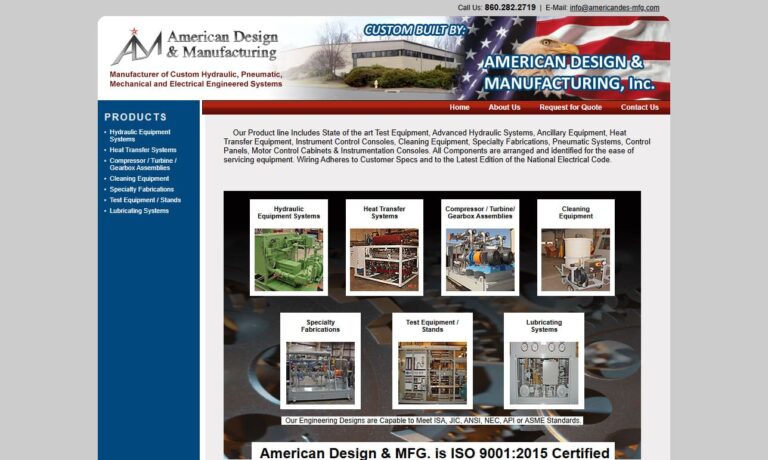
At Oil-Rite Corporation, we specialize in designing and manufacturing high-quality lubrication systems that enhance the efficiency and longevity of industrial machinery. Our expertise lies in providing innovative solutions that ensure precise and reliable lubrication, reducing wear, minimizing maintenance costs, and optimizing performance across a wide range of industries.
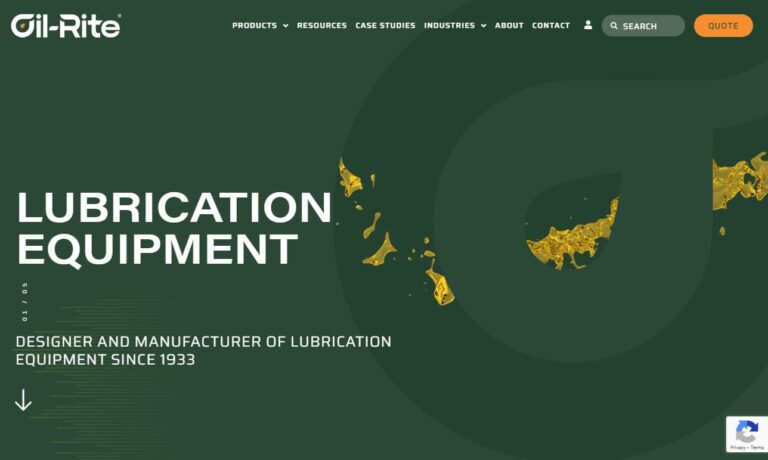
At Impact Fluids, we specialize in the development and delivery of high-performance lubricating systems designed to meet the rigorous demands of modern industrial operations. We take pride in offering advanced lubrication solutions that enhance equipment reliability, extend service life, and minimize downtime across a wide range of applications.
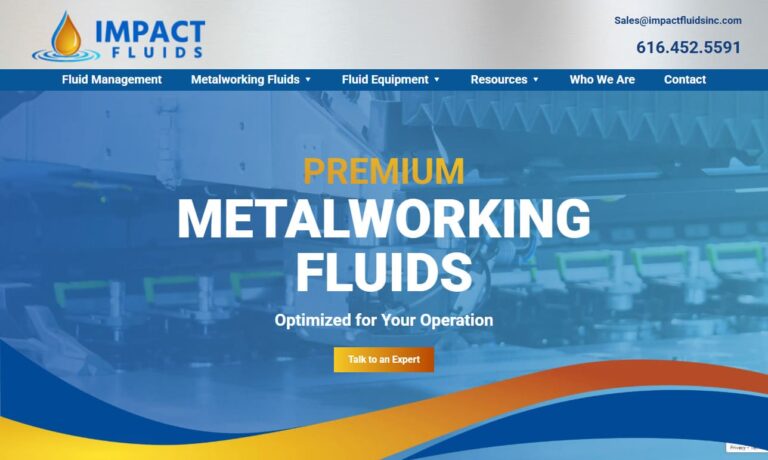
More Lubrication Pump Manufacturers
What is a Gear Oil Pump?
A horizontal slewing gear pump circulates gear oil. Gear pumps are categorized as Diesel-driven or motor-driven. Gear pumps can transport oils and other lubricated medium liquids, as long as the liquid temperature is below 60°C. However, gear pumps are inappropriate for media solutions containing significant sulfur, corrosives, hard particles, and fibers. Additionally, extremely flammable, low-flashing medium liquids like gasoline, benzene, etc., should not be transported using gear pumps.

A gear oil pump is made of gears, shafts, pump bodies, pump covers, bearing sleeves, shaft end seals, and other parts. The gears and shafts have high hardness and are wear-resistant because of strict heat treatment when put in the bushing with the shaft. They deliver lubricant for all functional elements in the pump. The surface residual oil pump has hard teeth. The pump has four bearing sleeves. The end-face interval of the sleeves changes automatically based on the working pressure. Because of a minimal output flow pulse and great volumetric efficiency, the pump's pressure remains stable. The gear oil pump is an essential component of the high-pressure system.
How a Gear Oil Pump Functions
Internal and external gear pumps produce flow when two gears enter and exit a mesh, a common feature of both pumps. The external gear pump uses two identical gears moving in opposition to one another, one of which is powered by a motor, which then drives the other gear. A bearing shaft on either side of the gear supports each gear.
The volume on the pump's input side expands as the gears come out of the mesh. As the gear teeth revolve, liquid flows into the cavity and is trapped there. While liquid does not pass between the gears, it moves around the interior between the teeth and the casing. Finally, pressure is applied to the outlet port due to meshing gears.

Advantages of Gear Pumps
- High speed
- High pressure
- No overhung bearing loads
- Quiet operation
- Design accommodates a wide variety of materials
What is a Barrel Pump?
A barrel pump is a lubricating pump that works best in medium or heavy-duty service circumstances. A quick build-up of lubricating system pressure is required in air-operated central stations or bulk lubricant transfer; air-operated barrel pumps are used. Lubricants often move from the original refinery drums to the reservoirs on the central lubrication systems using air-operated barrel transfer pumps. Barrel pumps are made with high-alloy components, corrosion-resistant parts, and high-quality seals, making them highly effective with less noise and air consumption. Barrel pumps are available in 8, 10, and 16 GPM.
How a Barrel Pump Works
A barrel pump is made of an immersion tube, a motor section, and a pump section. The motor is positioned on top of the immersion tube’s exterior. The immersion tube is as long as the container. This tube is deep and sealed to an opening on top of the container and fits through this opening. Depending on the lubrication, several material constructions and tube lengths are offered to accommodate varying container depths. The pump section is situated at the bottom of the immersion tube. The pump's expanded shaft is housed in a sealed column, driven from the top of the immersion tube. The pumped liquid travels to the discharge port between the sleeve and the tube.

Applications of barrel pumps
- Industrial chemistry and research labs
- Petroleum sector
- Water treatment
- Textiles bleach
- Power facilities
- Hospitals
Barrel pumps are designed to fit a certain type of container. For instance, the immersion tube might need to be longer to drain another container since it couldn't get to the bottom of it. The ability to exchange parts makes repurposing barrel pumps simple. Barrel pumps designed for a certain fluid may not discharge another due to a difference in viscosity or chemical incompatibility.
Benefits of barrel pumps
The main benefit of a barrel pump is it reduces risks associated with handling containers manually. It simplifies handling spills, leaks, hazardous gases, and accidents. In addition, pumps for barrels are portable and lightweight, making it simple to move them between containers.
Choosing the Proper Lubrication Pump Manufacturer
To make sure you have the most productive outcome when purchasing Lubrication Pumps from a Lubrication Pump Manufacturer, it is important to compare at least 5 Companies using our list of Lubrication Pump manufacturers. Each Lubrication Pump Manufacturer has a business profile page that highlights their areas of experience and capabilities and a contact form to directly communicate with the manufacturer for more information or request a quote. Review each Lubrication Pump business website using our proprietary website previewer to get an idea of what each company specializes in, and then use our simple RFQ form to contact multiple Lubrication Pump businesses with the same message.

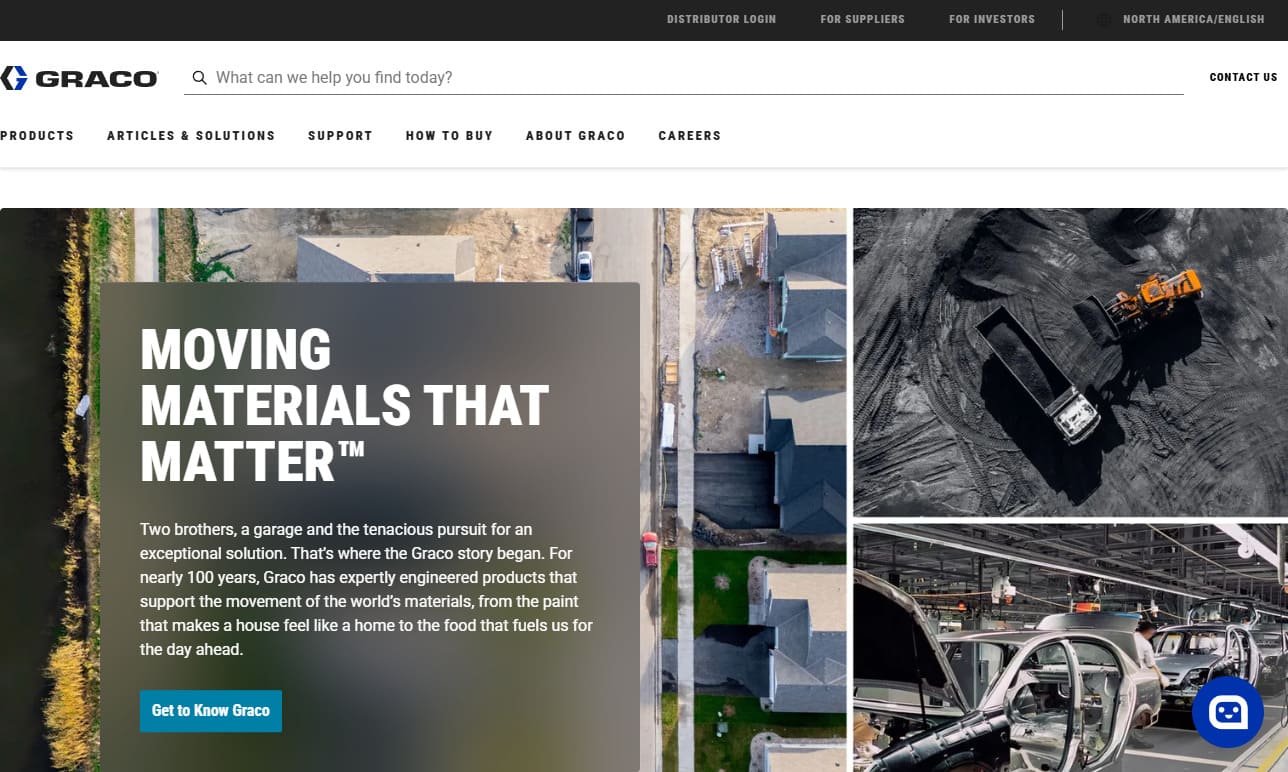
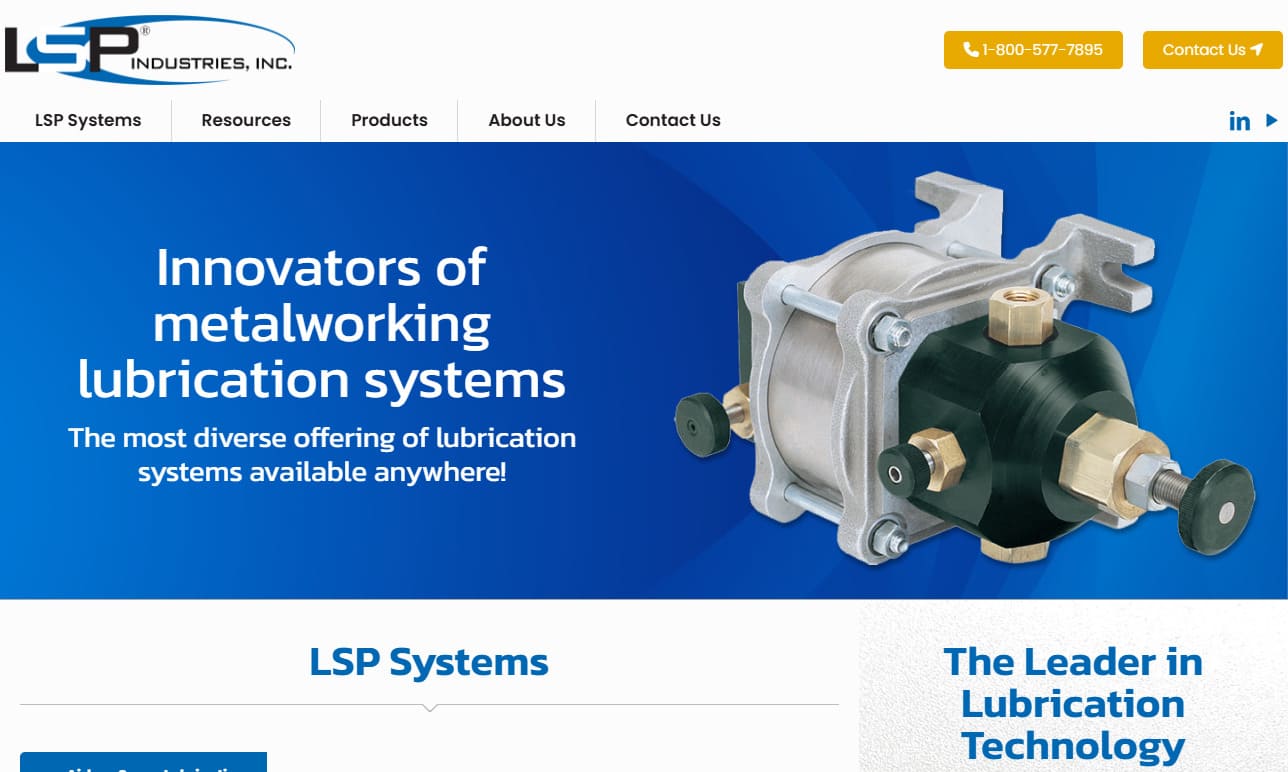
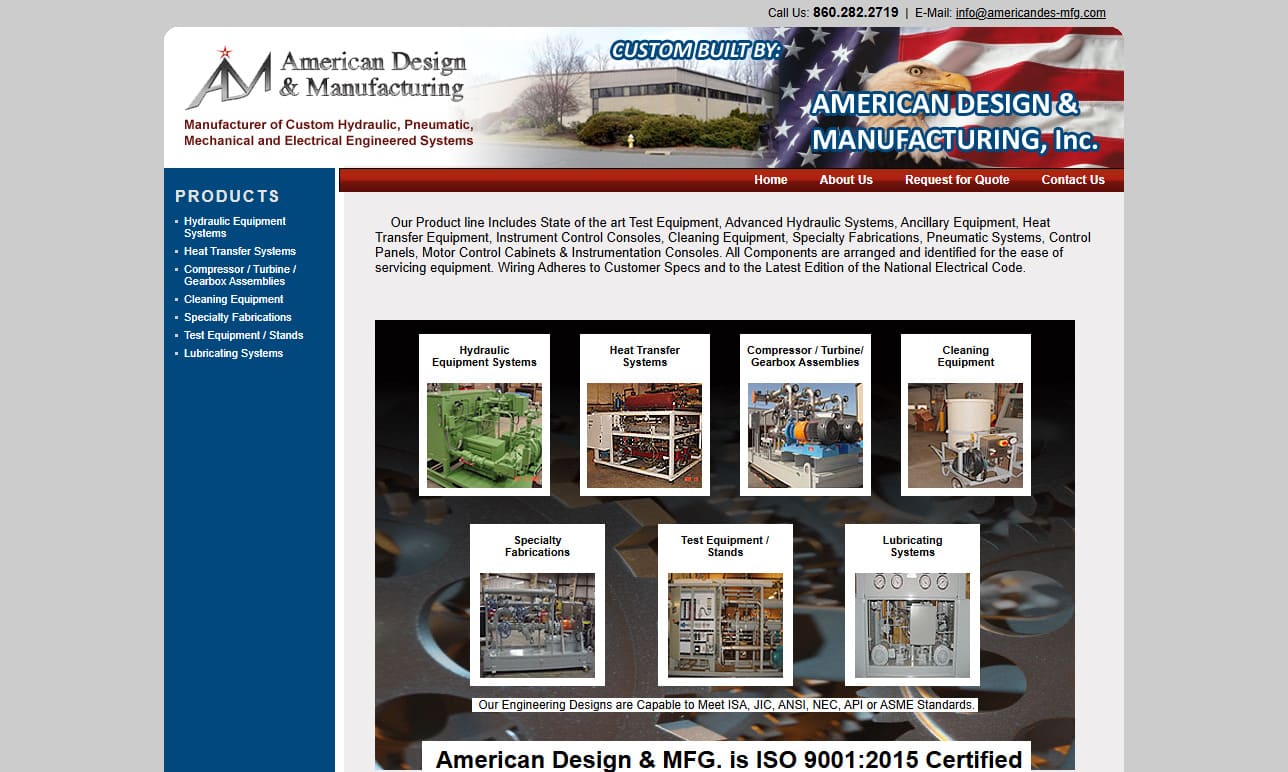
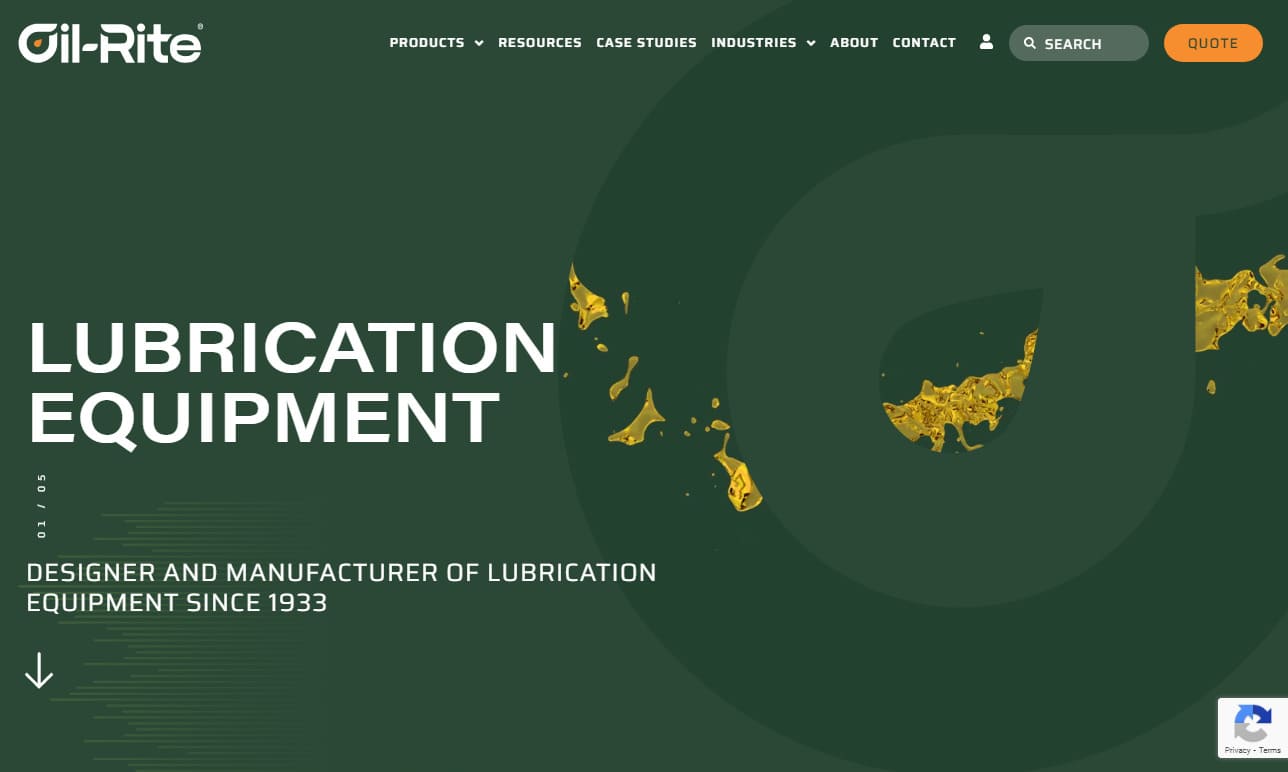
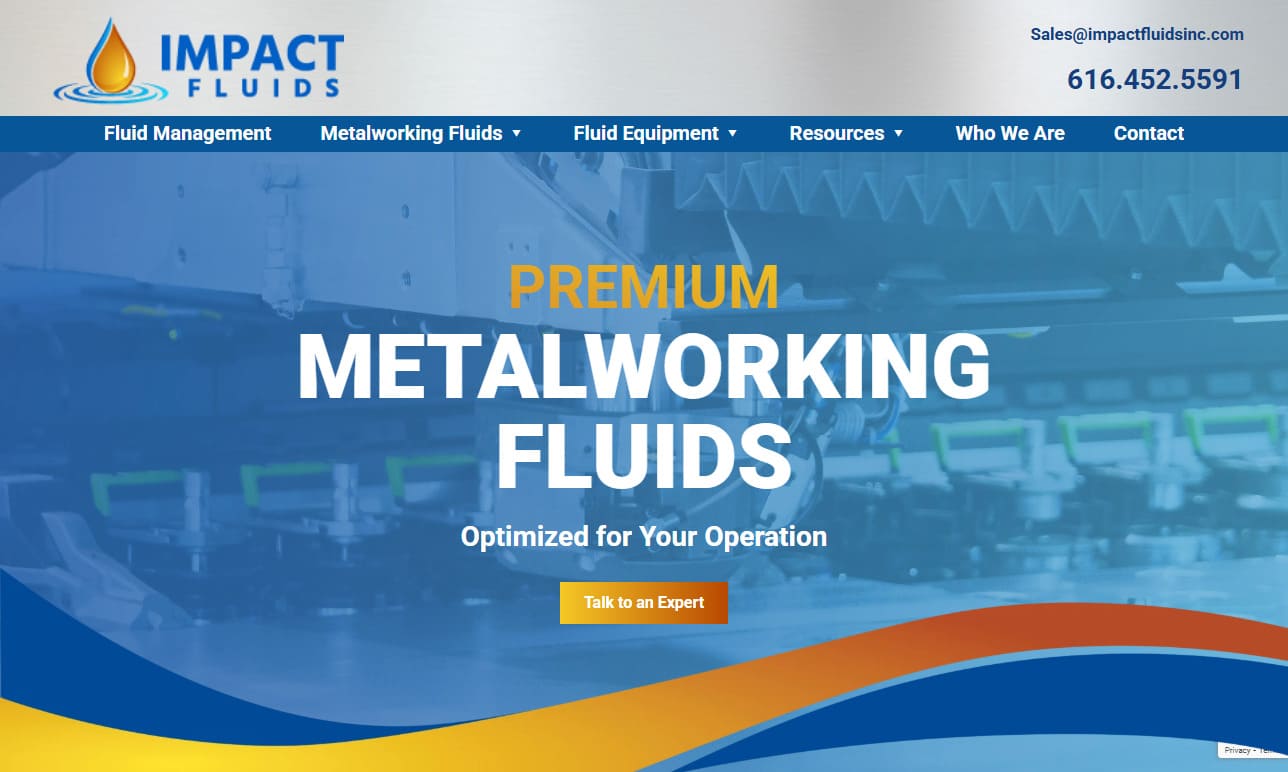
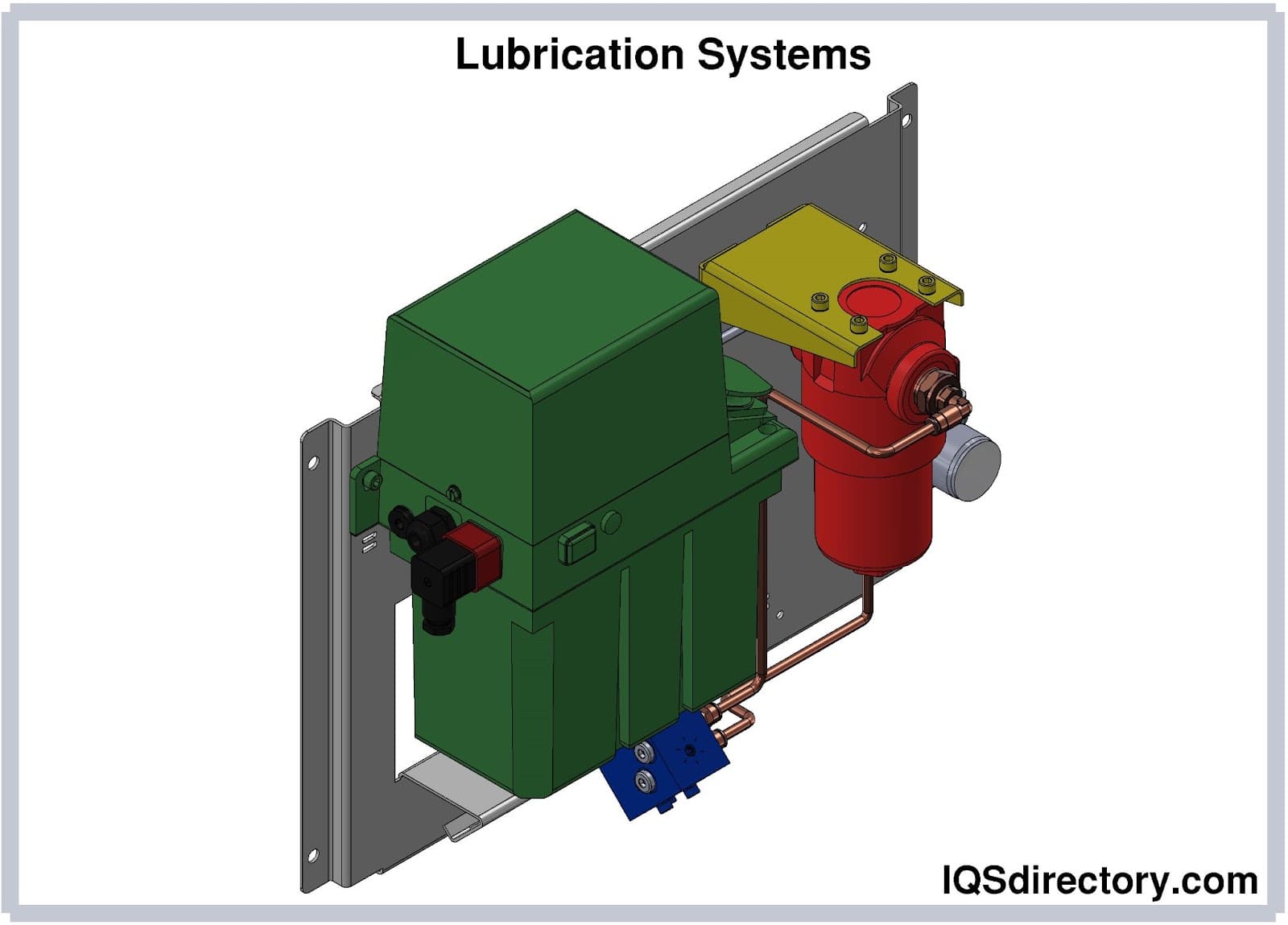
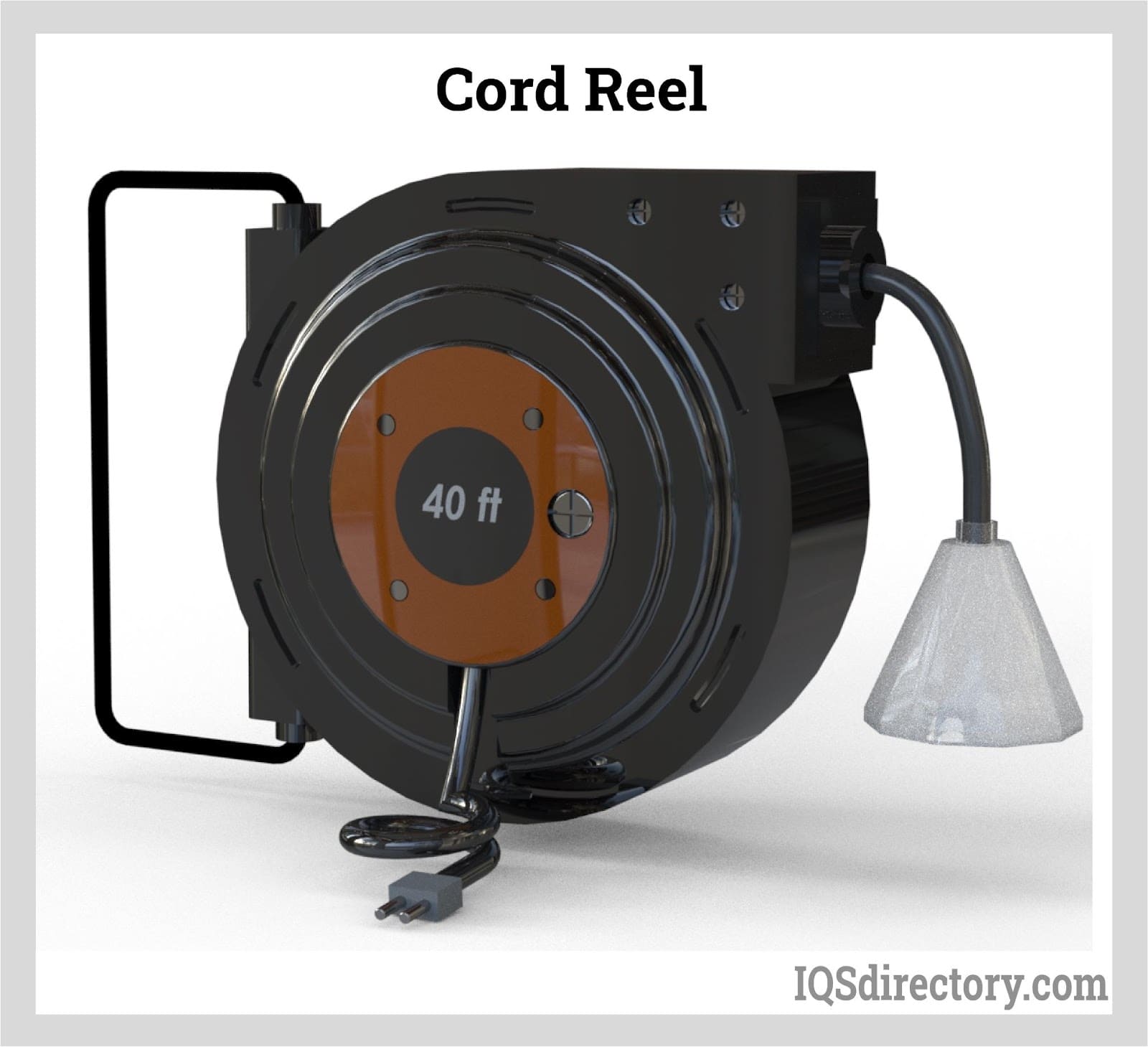
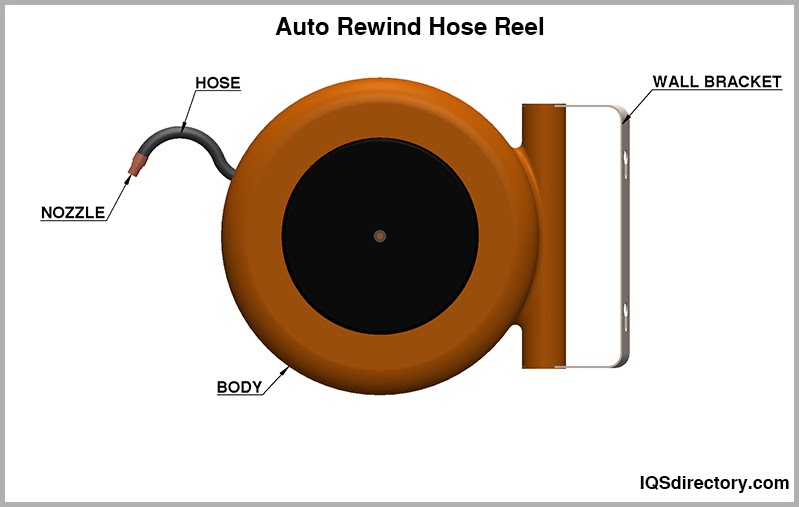

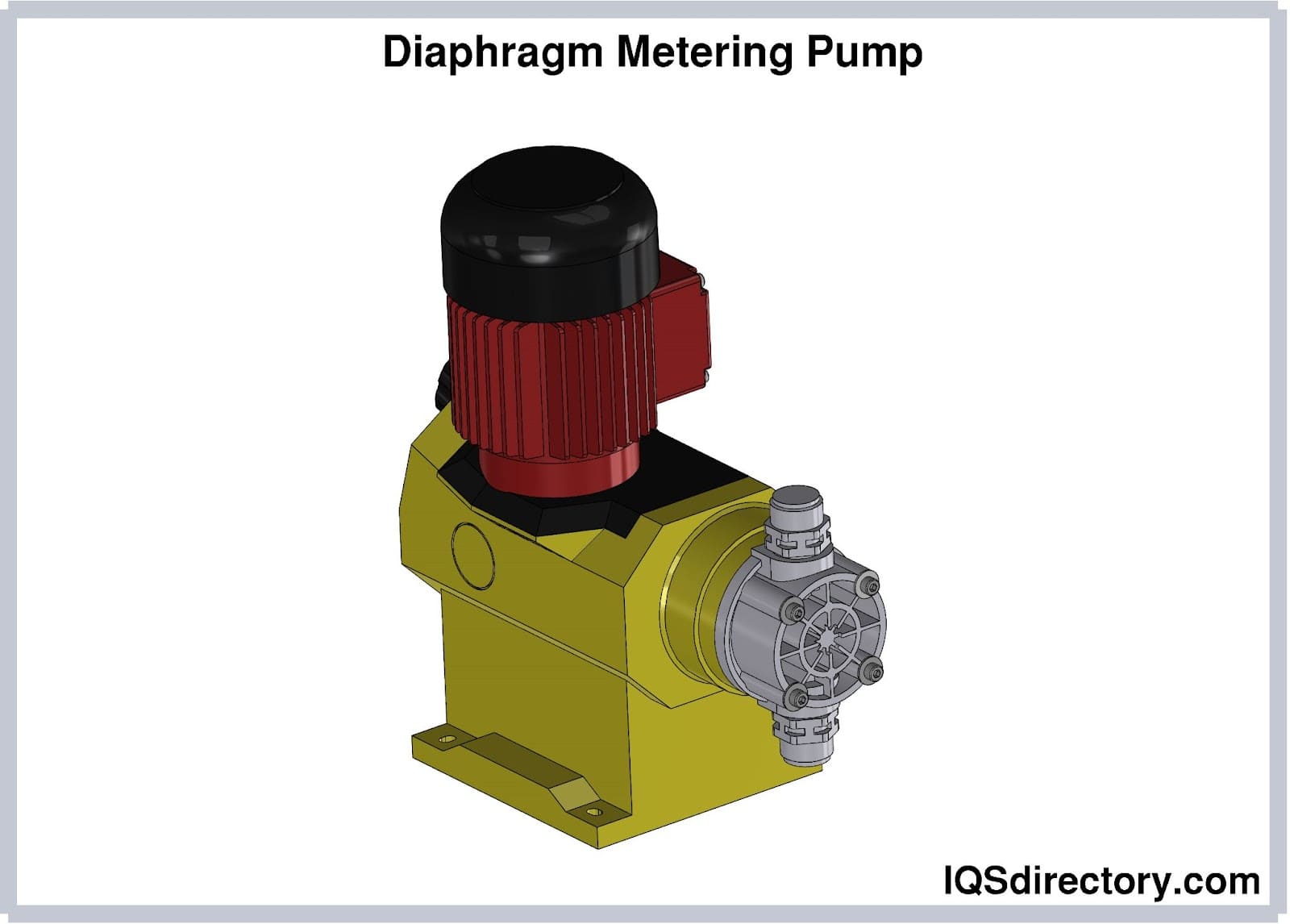
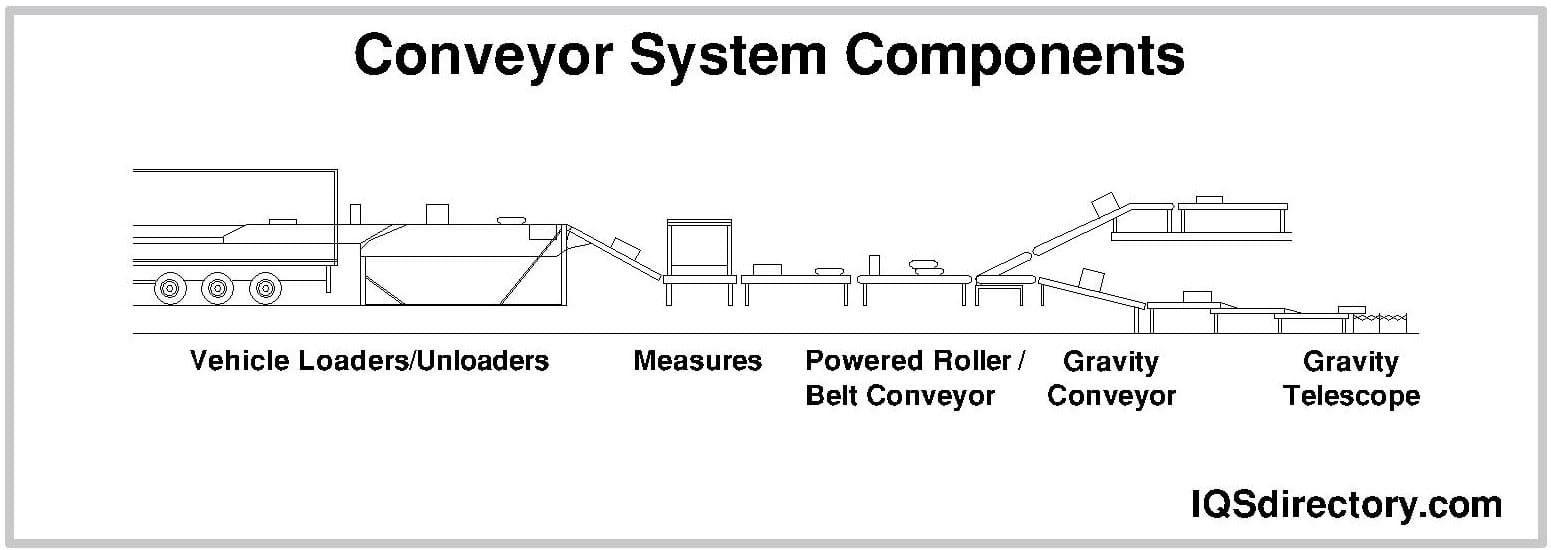
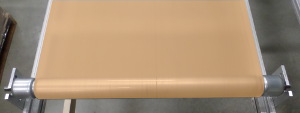 Conveyor Belting
Conveyor Belting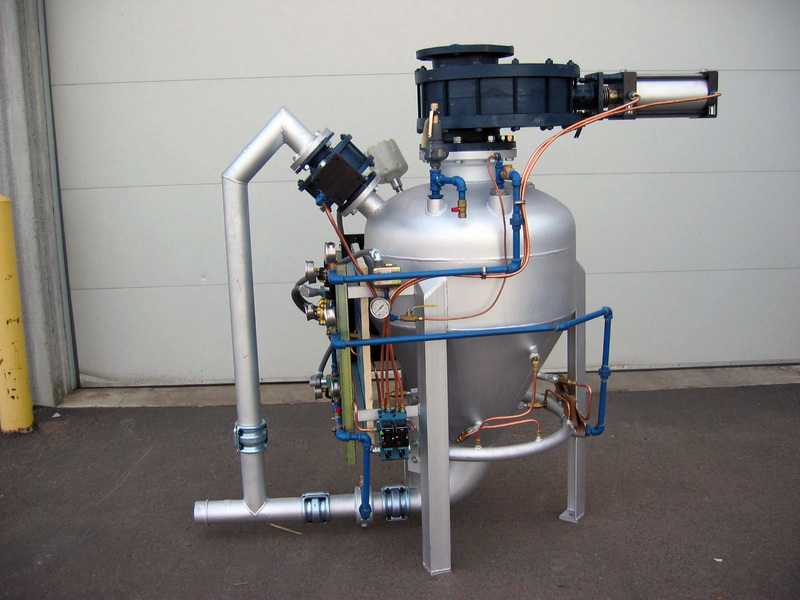 Conveyor Systems
Conveyor Systems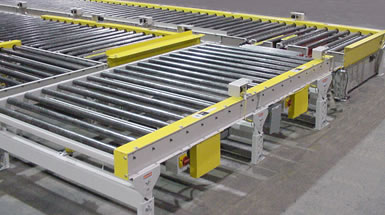 Conveyors
Conveyors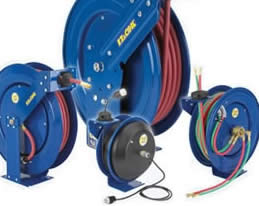 Hosereels
Hosereels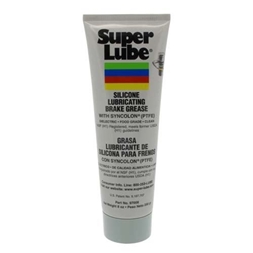 Industrial Lubricants
Industrial Lubricants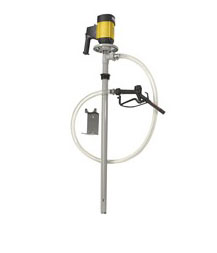 Lubricators
Lubricators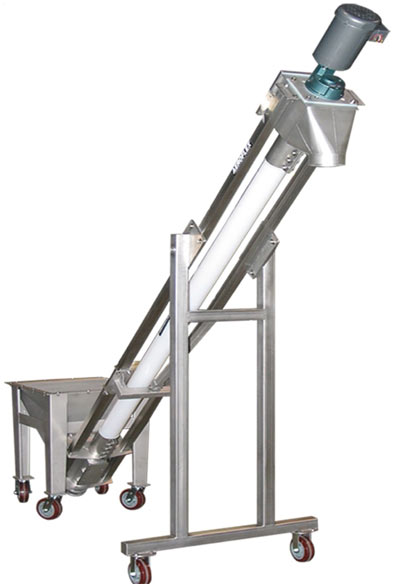 Screw Conveyors
Screw Conveyors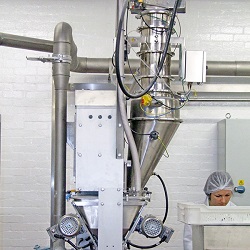 Pneumatic Conveyors
Pneumatic Conveyors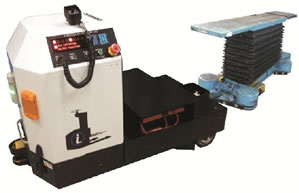 AGV
AGV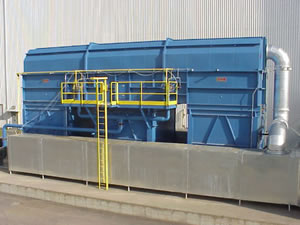 Air Pollution Control
Air Pollution Control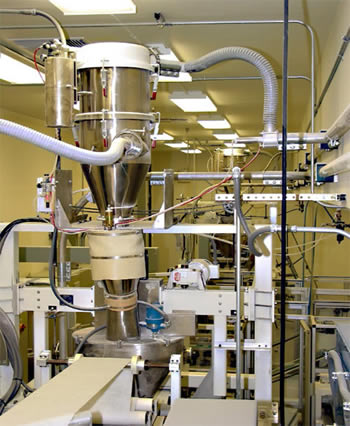 Assembly Machinery
Assembly Machinery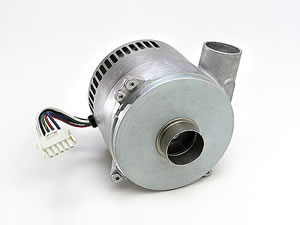 Blowers
Blowers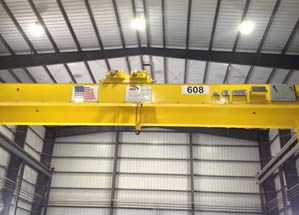 Cranes
Cranes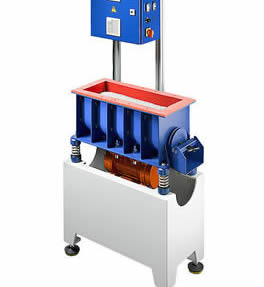 Deburring Machinery
Deburring Machinery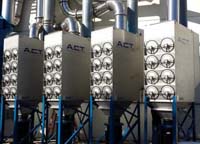 Dust Collectors
Dust Collectors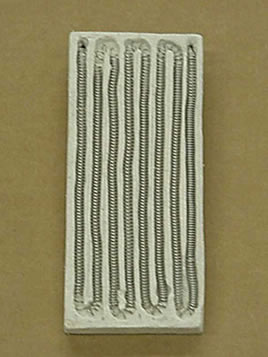 Heaters
Heaters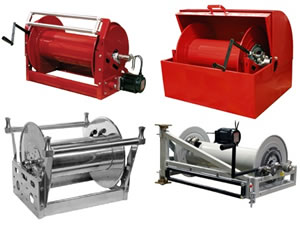 Hose Reels
Hose Reels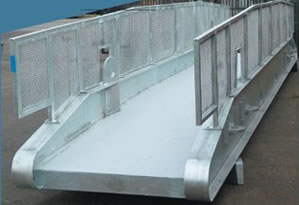 Mezzanines
Mezzanines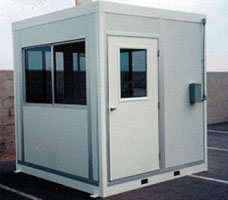 Modular Buildings
Modular Buildings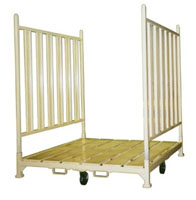 Storage Racks
Storage Racks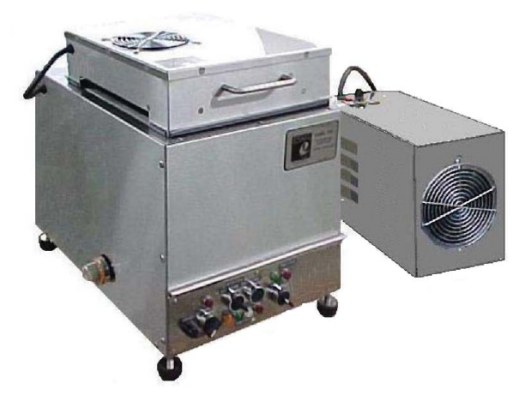 Ultrasonic Cleaners
Ultrasonic Cleaners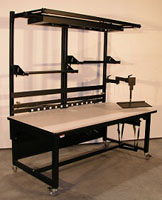 Work Benches
Work Benches